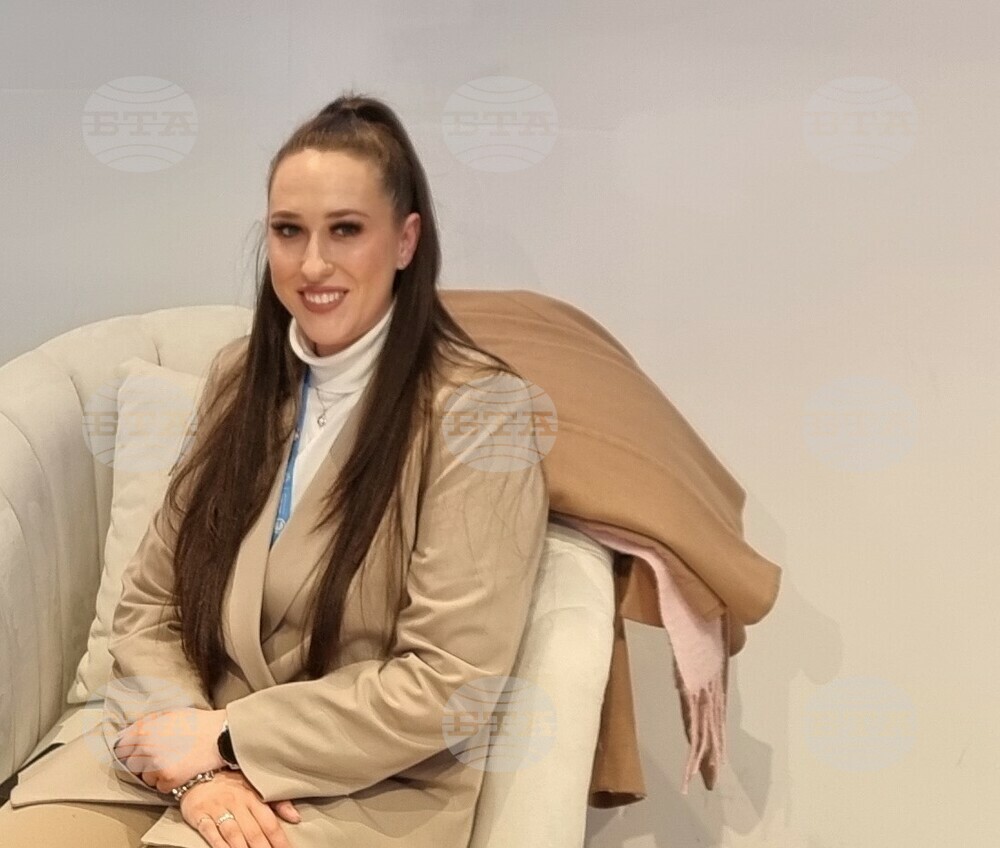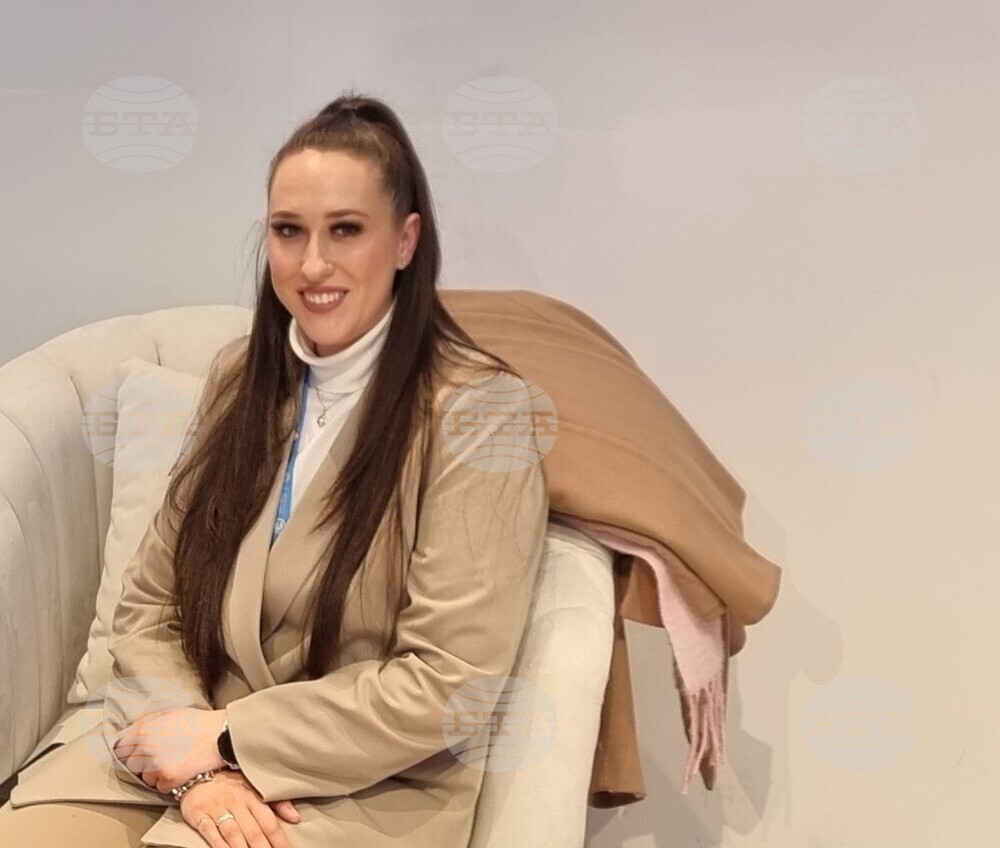site.btaMisinformation Influences Young People on Climate Change - COP29 Youth Delegate Diandra Ni Bhuachalla


We are living in a time of misinformation and disinformation that is fuelled by the place of social media in our lives and it is one of the reasons why many young people do not know enough about climate change, Diandra Ni Bhuachalla, youth delegate of the European Economic and Social Committee to the UN Framework Convention on Climate Change (UNFCCC), said in BTA interview. She is part of the EESC delegation to the UN climate summit taking place in Baku.
According to her, there is a group of young people who historically and in the last few years, especially after 2018, have been part of the climate movement and have been involved in every initiative. They put their time and energy into these actions. "But there's another group of young people who don't suspect this. They have not studied either formally or informally, they are not informed about climate change. It is very difficult for them to understand these values and the efforts to uphold them. I think if we support them a little bit, it will be much easier. But I realize that we are definitely living in a time of misinformation and misinformation that is fuelled by the place of social media in our everyday lives. And depending on where you are on the internet, you can come across people spreading that kind of information and it's hard to know who to trust," Diandra Ni Bhuachalla said. She noted that given this situation, it is understandable why these young people are hesitant to engage in climate action.
She believes that attempts need to be made, both through activist campaigns and education, to address young people's lack of knowledge and engagement with the issues of a changing climate. "Both actions are important. As I said, on the Internet some people may not be reached by campaigns and no matter how hard we try we may not be able to reach our target audience. There definitely needs to be a transformation of the education system. In Ireland, there is a reform of the upper secondary curriculum to include climate change education. It will be an elective subject, so students will have to choose it over a foreign language or another subject to study it. I think the key is education, but we definitely need to focus on society as a whole. If children see their parents, for example, not buying goods made by certain companies because of their climate practices or lack of them, or talking to them about the importance of having green spaces where there are different kinds of plants and wildlife, they will be more likely to do the same."
Diandra Ni Bhuachalla said that there are many youth organizations in Europe and this is great because it allows to cover all important aspects of climate action. There are organizations focusing on climate finance, others on just transition, others on gender equality. It is a huge territory and I am glad that there are so many topics being worked on and many actions being taken. Conversations are taking place with many different people, who are being encouraged to be active, to raise awareness about climate change and the possible responses. This is a topic with which many others are intertwined, and if we focus solely on one of them, it will be difficult. I think we need to be adaptive and resilient to what politicians are telling us is the focus. At the moment, our focus is on climate finance and mitigation measures," she said.
Diandra Ni Bhuachalla (Ireland) is the EESC Youth Delegate to the UNFCCC, part of the EESC delegation to COP29. She is the founder of Future Proof Youth, an NGO that provides specialized support to young people and young professionals aged 18 to 35 to reach their full development potential through personal development, coaching, mentoring and capacity building.
Diandra Ni Bhuachalla was a youth delegate at the United Nations. She is a member of the National Youth Council of Ireland's Youth2030 Global Youth Work team. She is a member of the UNESCO Youth and Student Network for Goal 4 of the UN Sustainable Development Goals. She holds a Masters in International Public Policy and Diplomacy from University College Cork.
/PP/
news.modal.header
news.modal.text